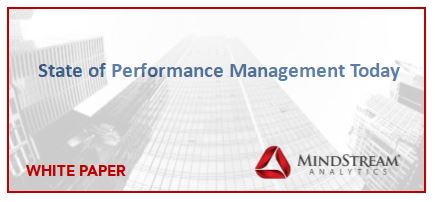What is Enterprise Resource Planning?
What is ERP?
Enterprise Resource Planning (ERP)
ERP is software that is used to manage day to day business processes often by integrating systems and applications to manage the business and automate many back office functions related to technology, services and human resources. Enterprise Resource Processing software integrates planning, development, manufacturing, sales and marketing in a single database and application interface. ERP systems tie together and define a plethora of business processes and enable the flow of data between them. By collecting an organization's shared transactional data from multiple sources, ERP systems eliminate data duplication and provide data integrity with a "single source of truth." Today, ERP systems are critical for managing thousands of businesses of all sizes and in all industries. To these companies, ERP is as indispensable as the electricity that keeps the lights on.
ERP System Design
ERP Systems are usually designed using a common database and based on the key principle of central collection of data for wide distribution. With this secure central database everyone in the organization can be confident the data is correct, up to date and complete.
Benefits of ERP Systems
- Improved Business Insights - Real Time Reports
- Lower Opertational Costs - Through better defined and improved business processes
- Improved Efficiency - Through a common user interface across business funtions and managed business processes
- Reduced Risk - Improved data integrity and controls
- Low Cost - Uniform and integrated systems
Contact MindStream Analytics
Want to know more about ERP Systems? Fill the form below and a MindStream Consultant will contact you.
Partner SpotLight

Board
BOARD provides a seamless software solution for the support, control and management of core processes such as Reporting and Analyses; Budgeting, Planning, Forecasting; Profitability Modeling and Optimization; Simulation and What-if Analysis; Scorecarding; Financial Consolidation; Statutory and Financial Reporting; Monitoring and Auditing.

